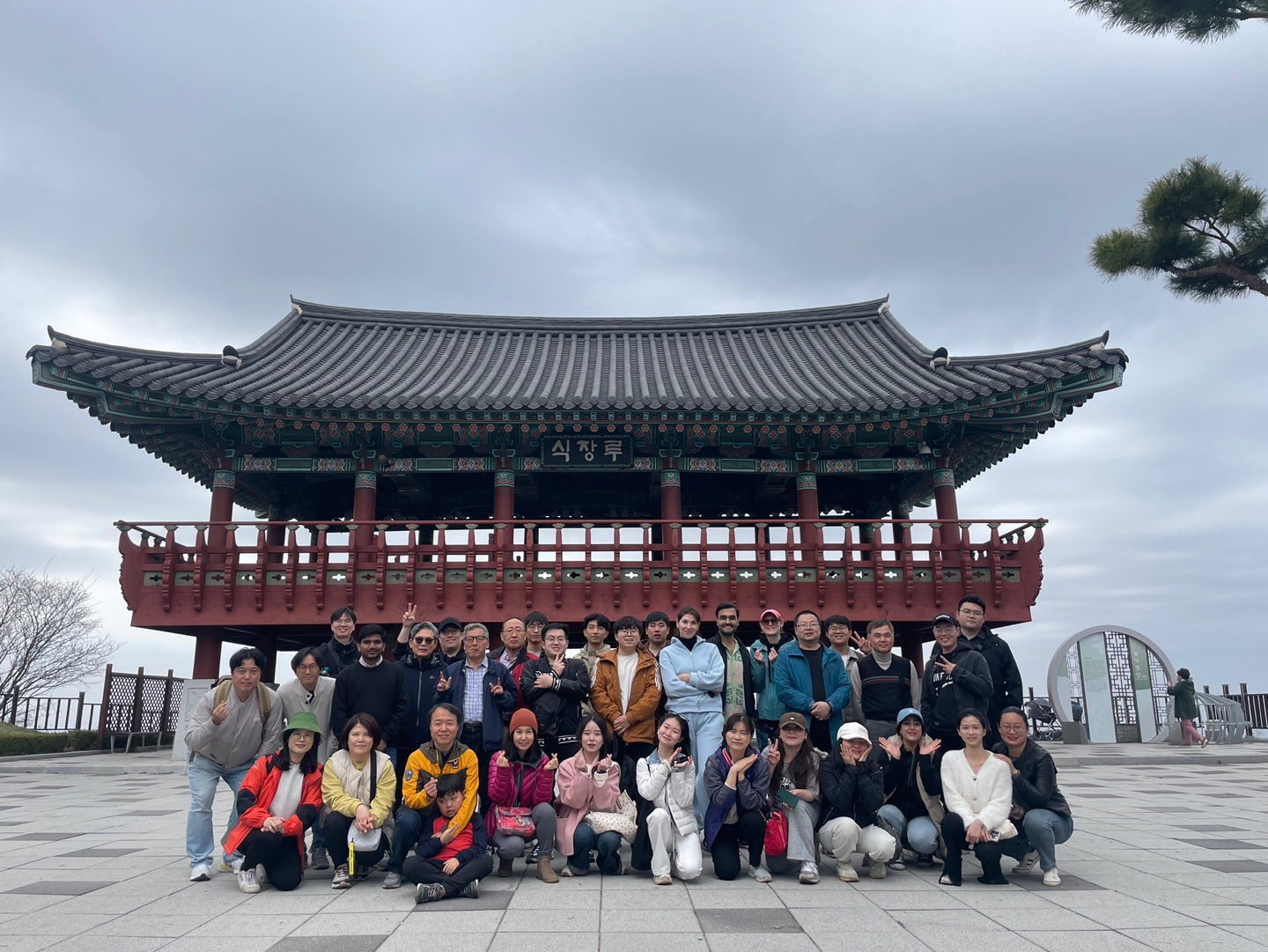IFI began in the United States, but its mission and vision have never been bound by geography. As IFI expands beyond the U.S., it remains the same: to welcome international students, befriend them, and point them to Jesus. Lindsey, serving in Daejeon, is living out that vision as the leader of IFI’s very first location in South Korea.
In the heart of Daejeon, IFI South Korea, a vision is quietly being lived out, rooted in Rosaria Butterfield’s words:
“We take people from being strangers, to neighbors, to family.”
IFI South Korea staff, Lindsey, explained:
“We want them [i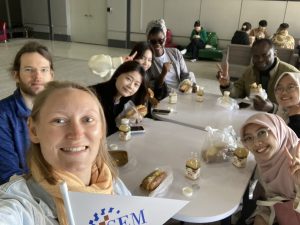 nternational students] to become family to us, and, if they choose to follow Him, then family with Jesus. We come alongside them wherever they are in their journey.”
nternational students] to become family to us, and, if they choose to follow Him, then family with Jesus. We come alongside them wherever they are in their journey.”
That welcome often begins at large community events, hosted in partnership with SEM (Scientists and Engineers Members), a 30-year-old Christian volunteer network. SEM sponsors public cultural and academic gatherings where internationals can connect, and IFI offers the next step: small group Bible discussions and intentional hospitality.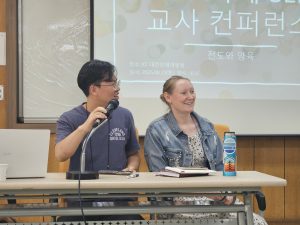
South Korea’s IFI team is strategically located in the neighborhood between two major universities.
“My husband and I moved to where the students are,” Lindsey shared. “It’s so easy to see them or bump into them every day.”
That proximity has allowed for natural, daily connections— an invitation to a Korean cooking class, a shared meal, or simply tea in a safe, welcoming space.
Home hospitality is rare in Korean culture, especially post-COVID, where life is more private and formal. That’s why IFI’s approach is so counter-cultural.
“Some students say, ‘I just need a hug,’” Lindsey said. “Many of them come from cultures that are warmer and more physically affectionate. They feel touch-deprived here.”
The home becomes a refuge where international students feel warmth that “isn’t just like a restaurant or a café”, as Lindsey put it.
One volunteer, now part of a Bible discussion, expressed it after her first visit:
“I didn’t know it was possible to live like this. I’m telling my church about it.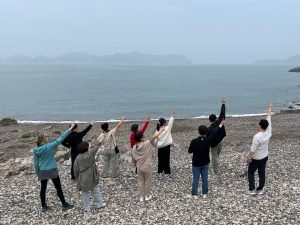 This is it!”
This is it!”
The team models a lifestyle that is both deeply biblical and revolutionary in Korea. Students sign a guest book and take a photo to remember their visit. Sometimes the internationals cook for their hosts, eager to “retribute the blessing” they’ve received.
“It’s a safe place for so many students,” said Lindsey. “We’re showing them something uncommon here: hospitality that reflects the culture of Jesus.”
While the ministry thrives on building relationships, challenges remain.
“Many Koreans still don’t know me, and from the outside, might think we’re a cult,” Lindsey admitted.
In a country where cults are a real concern, any religious group must earn trust. Another hurdle is Korea’s credential-based culture:
“I don’t have a seminary degree,” Lindsey shared. “People sometimes question why I’m leading. I try to communicate that I’m not bound to a title. But in this system, tha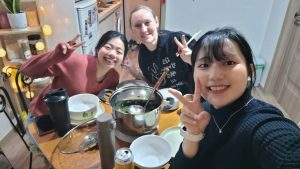 t’s new.”
t’s new.”
Mobilizing South Koreans to practice hospitality is another long-term goal:
“Over 30 years of SEM’s history, I found it surprising that there is not a culture of inviting internationals into the home for Chuseok, a traditional Korean holiday,” she noted. “They told me, ‘It would be so weird if it weren’t family.’ That’s exactly the mindset I want to challenge.”
In addition, many of these international students in Daejeon won’t stay in South Korea, and often won’t return directly to their home countries. They might go to a third nation for work or study.
“The good news of Jesus is on the move,” Lindsey said. “We plant seeds here, and God carries them to the next place. The impact doesn’t stop here.”
The ministry currently offers a variety of programs: Korean language classes, English cafés, c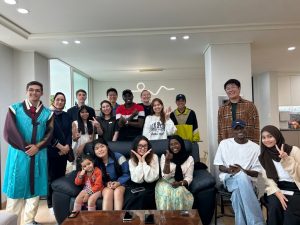 ultural festivals, Thanksgiving and Christmas gatherings, Bible discussions, and outdoor activities, like hiking. They also partner with local churches, ISF (International Student Fellowship), and other organizations, including a communal living network and even a local taxi driver who helps host events.
ultural festivals, Thanksgiving and Christmas gatherings, Bible discussions, and outdoor activities, like hiking. They also partner with local churches, ISF (International Student Fellowship), and other organizations, including a communal living network and even a local taxi driver who helps host events.
Looking ahead, the dream is bold: mobilize the Korean church to welcome foreigners into their own homes— even into sacred family holidays like Chuseok— and one day establish a shared international student house where Korean followers of Jesus and international students live together.
“If Koreans start opening their homes to foreigners, things will change,” Lindsey shared.
From strangers to neighbors to family, IFI South Korea is showing that hospitality is more than a warm meal or an open door; it’s a tangible expression of the kingdom of God– one hug, one cup of tea, one shared story at a time.



